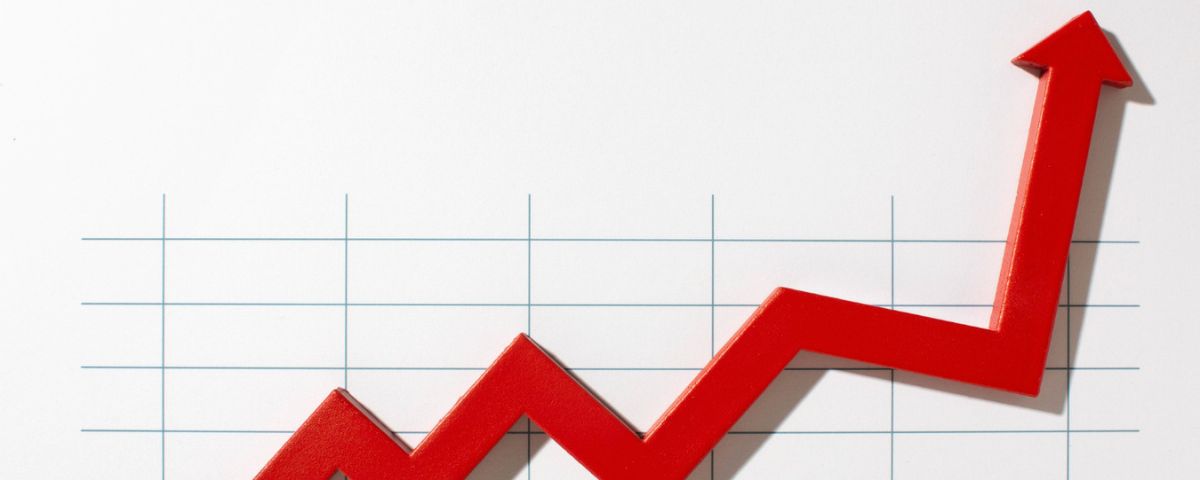
Private telecom operators in India, including Reliance Jio, Bharti Airtel, and Vodafone Idea (Vi), have recently raised tariffs for prepaid and postpaid mobile plans by 11-25% across various offerings. This hike has also affected the base plans, making the minimum recharge plans required to keep SIMs active more expensive.
Government’s Stance on Tariff Hikes
The Indian government has clarified it will not intervene in these decisions, as tariff regulations fall under the jurisdiction of the Telecom Regulatory Authority of India (TRAI). Speaking on the matter, Dr. Pemmasani Chandra Sekhar, Minister of State for Communications and Rural Development, explained
“In 2004, after assessing adequate competition in the telecom services market, TRAI adopted a policy of forbearance for mobile telecom services, aligning with global practices. This allows telecom service providers to set tariffs based on market forces of demand and supply.”
While TRAI permits telecom providers to set their own tariffs, it mandates them to report any changes within seven days of implementation.
TRAI’s Focus on Prepaid Plan Offerings
TRAI is currently evaluating whether there is a need for prepaid plans that focus exclusively on SMS and calling benefits without including data services, while still providing service validity.
Global Comparison of Data Costs
Despite the tariff hikes, Indian telecom tariffs remain among the lowest globally. For instance, the average cost of 1GB of data in India is less than $0.20, compared to an average of $6 in the United States.
This price competitiveness highlights the affordability of telecom services in India, even as operators adjust prices to balance costs and investments in network expansion.



